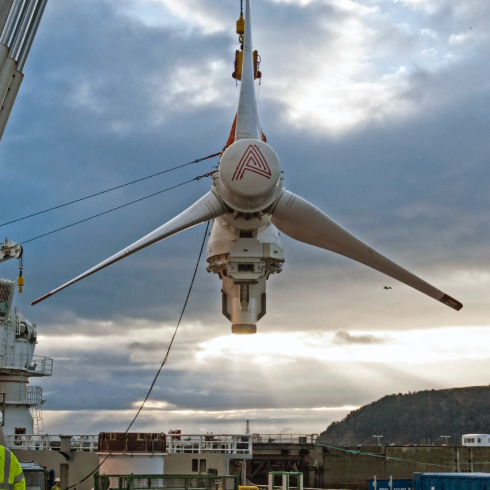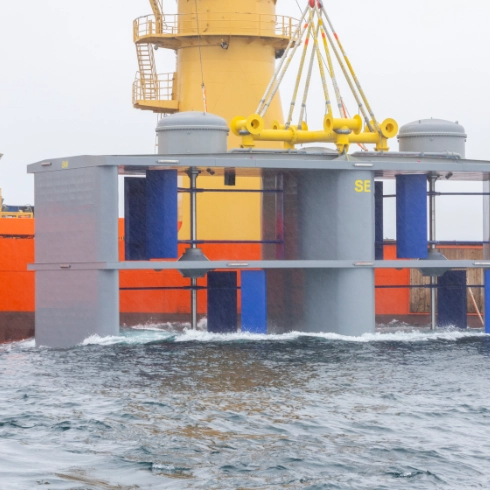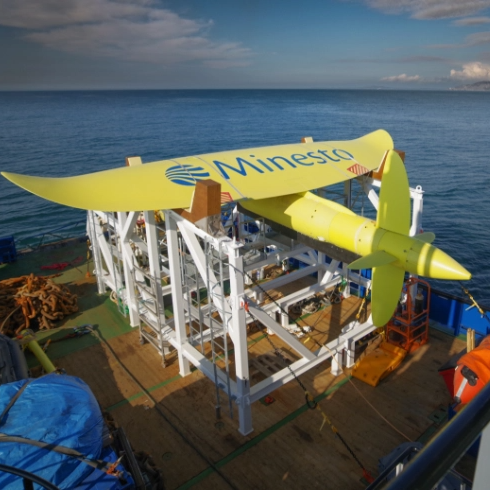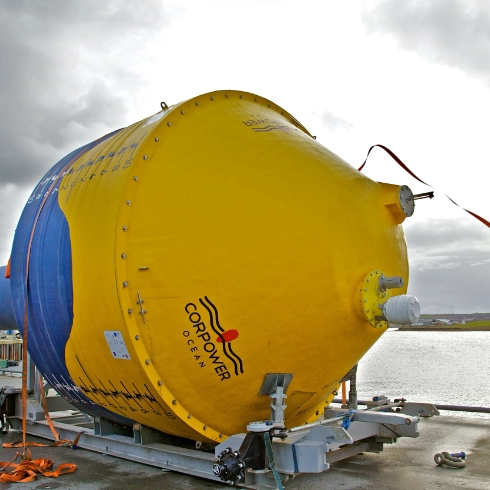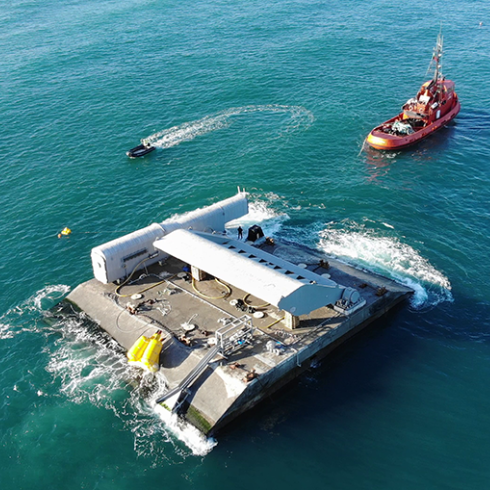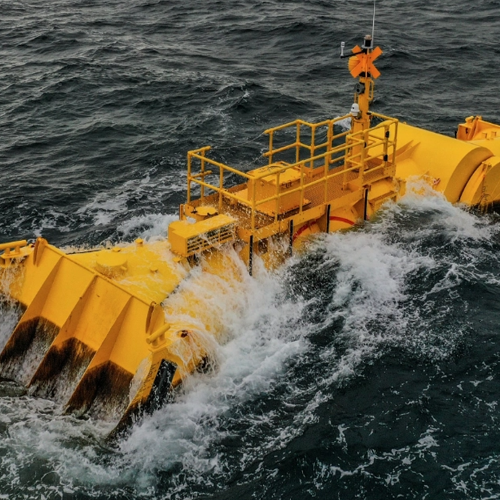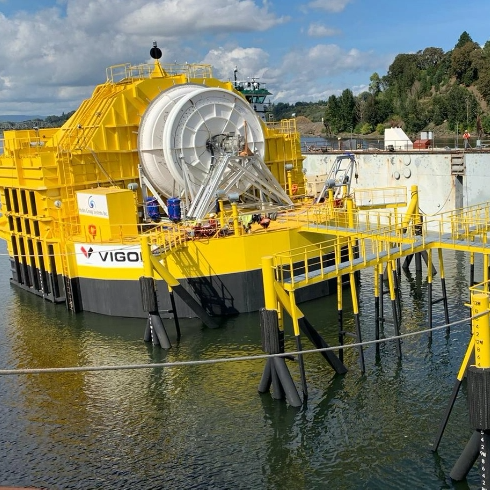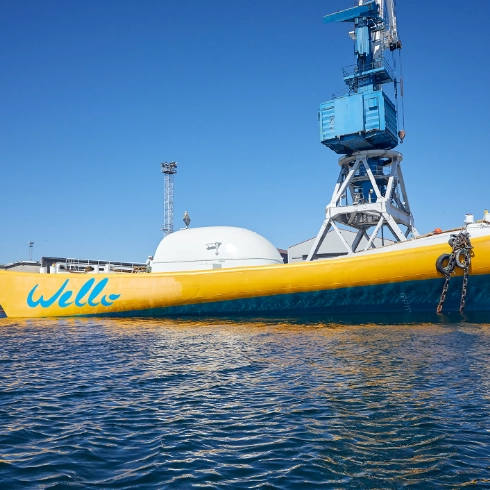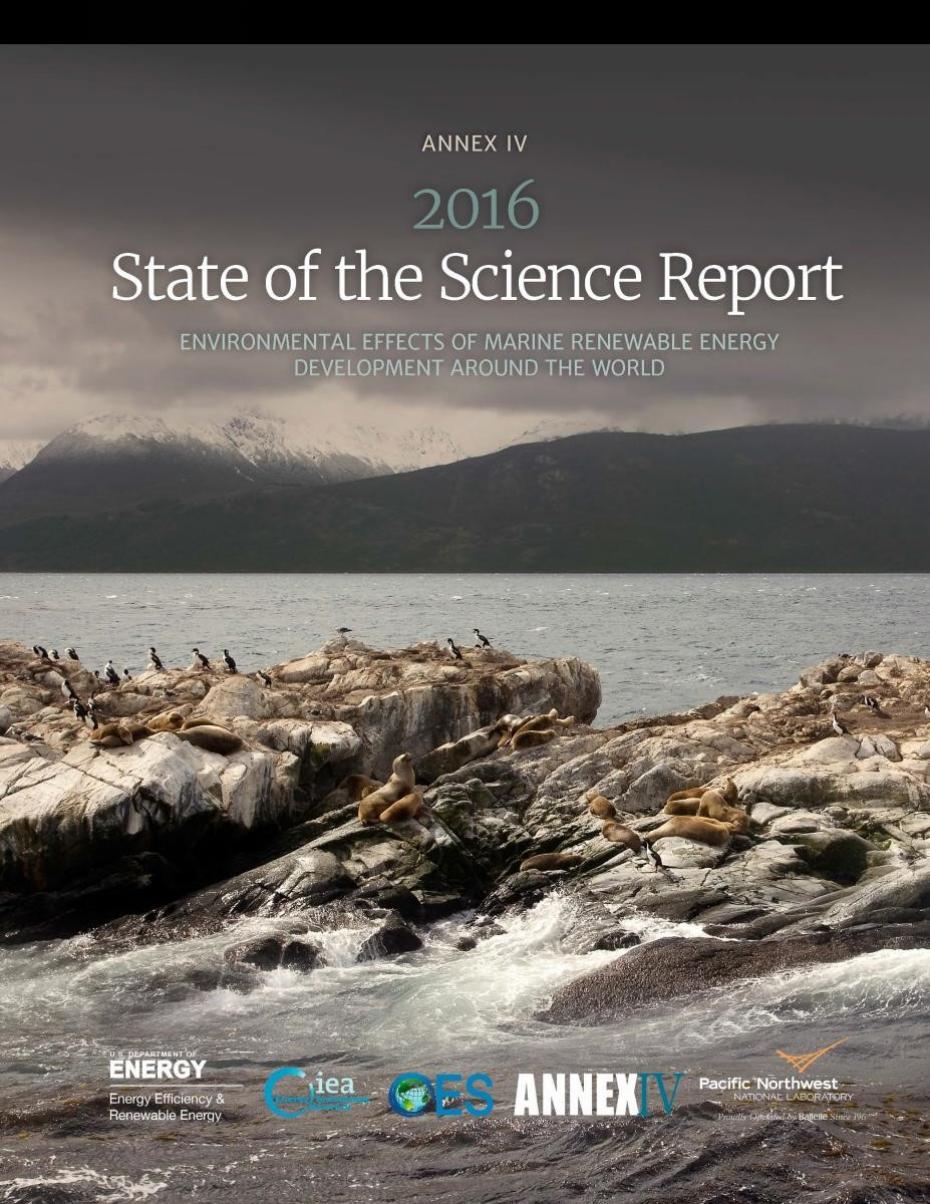We help reinforce collaboration in ocean energy to foster innovation and to set the sector along the pathway to commercialisation.
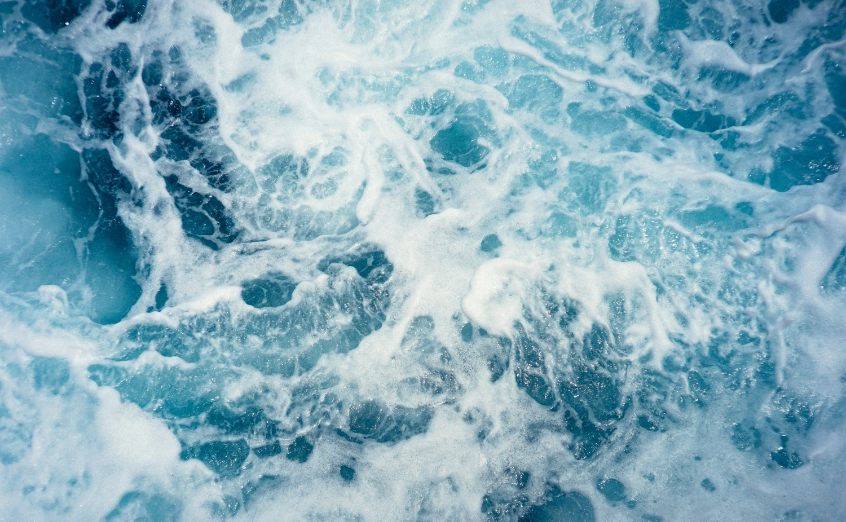
We maximise knowledge-exchange across the ocean energy sector through our webinars and workshops, and put forward recommendations to inform policymakers and the industry in our high-quality publications.
Together with the SET Plan Implementation Working Group for Ocean Energy, ETIP Ocean initiated the Forum for Sectoral Dialogue for Ocean Energy that brings together public & private leaders in ocean energy.
ETIP Ocean is a recognised advisory body to the European Commission as part of the Strategic Energy Technology Plan (SET Plan) – the EU’s main Research and Innovation policy. Our activities and publications are free and publicly available.
15
Our publications address the key topics of ocean energy development and identify solutions to progress the sector.
49
We have organised a series of webinars on technology development, environment & consenting, finance and policy topics.
18
Our workshops, usually organised alongside international conferences, include in-depth discussions on the challenges and opportunities of ocean energy.

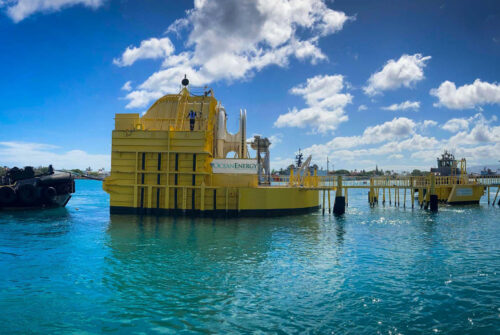
Ocean energy is renewable energy generated from waves and tides, as well as differences in temperature and salinity. ETIP Ocean focuses on wave and tidal stream as the two main forms of ocean energy with the highest resource in Europe. Ocean energy brings significant benefits to the economy, society and environment.
Ocean energy will help decarbonise Europe
Ocean energy can deliver 100 GW of capacity by 2050 – equivalent to 10% of Europe’s electricity consumption today – all along the Atlantic coast from Portugal to Norway, along the Baltic sea and the periphery of the Mediterranean. With almost 45% of Europe’s citizens living in coastal regions, ocean energy can be readily delivered where it is needed.
Ocean energy complements other renewables and balances electricity systems
Europe’s electricity system in 2050 will have massively more variable renewable energy, such as wind and solar. Ocean energy is flexible and predictable, and it will play an important role in balancing Europe’s electricity grid by complementing variable renewables.
Ocean energy sector is led by European companies
European companies lead the world in ocean energy. In tidal stream, the world’s first offshore arrays are located in Europe, as is the world’s largest array, and the world’s largest turbine. In wave energy, Europe has the largest number of full-scale wave energy devices. Europe has a chance to consolidate this lead and dominate a new, high-value global market.
Ocean energy will help deliver a prosperous transition
Ocean energy will deliver economic recovery as well as decarbonisation. The European Commission’s EU Blue Economy Report 2020 estimates that ocean energy can contribute up to a cumulative €5.8bn in Gross Value Added between now and 2030.
Ocean energy will help deliver a just transition
Ocean energy can create 500,000 jobs in Europe by 2050. Many of these jobs will revitalise coastal communities that historically served shipbuilding, fishing and the oil & gas sector.
Ocean energy works in harmony with local environments
Ocean energy has a very low visual impact, preserving the aesthetic and touristic value of the environment. Evidence to date shows no adverse impacts on local environments, and in some cases it can create new habitats or foraging areas for marine species.

You can join the platform by signing up on our mailing list to receive invitations to our next webinars and information on our new publications as well as on other events you don’t want to miss in the ocean energy sector!













